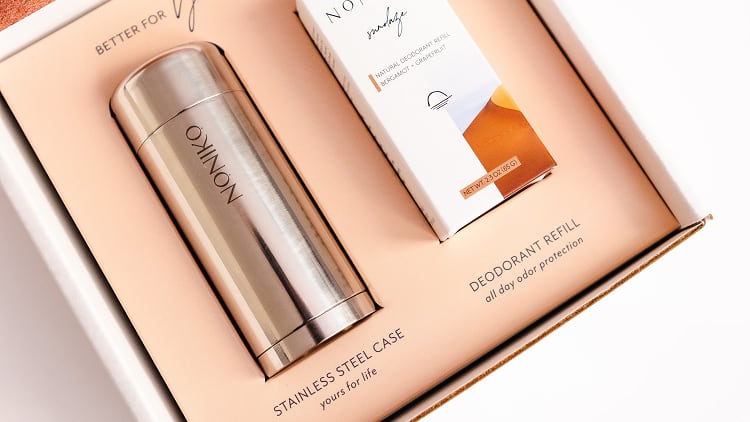Allonnia is a new company dedicated to finding and using synthetic biological solutions to waste. Just this month, the venture spun out from the Ginkgo Bioworks’ Ferment Consortium.
The Corsotium exists as part of the biotech company’s business in order to find way to partner and innovate in the biological engineering space and to develop new companies that can effect change in existing markets.
“We started the Ferment Consortium because we believe that with the right partners and funding, biology can progress solutions to urgent challenges,” says Jason Kelly, CEO and Co-Founder of Ginkgo Bioworks, in a recent media release about the new company.
“Investing in Allonnia,” he says, “is a perfect fit for that mission, and we're incredibly fortunate to have Nicole [Richards] at the company's helm. Her knowledge and credibility will be invaluable in helping Allonnia quickly bring innovative environmental solutions to market.”
Explaining the premise behind the new company further, Kelly say, “As one of biology's fundamental roles in nature is to break things down, there is a huge diversity of microbes and enzymes that can clean up waste. This application of biology represents both an enormous market and a worldwide environmental challenge.”
Allonnia plans to use bioengineering to develop next-gen waste treatment solutions
“Waste pollution is quickly becoming one of the most pivotal environmental issues impacting both public and planetary health, and I'm thrilled to be joining a company focused on solving these critical challenges in new ways,” says Nicole Richards, who serves as Allonnia’s first CEO.
“Our ultimate goal,” she says in the recent media release, “is to accelerate the R&D process for biological treatment solutions across the board, picking up where chemical and mechanical solutions have reached their maximum impact. With the support, expertise and backing from Ginkgo and our investors, I feel confident that Allonnia can drive transformational change within the water and waste management industries.”
The company has secured $40m in Series A funding to get started in the waste treatment space. And among Allonnia’s early initiatives will be one to develop a biotech degradation solution to so-called forever chemicals like PFAS, PFOA, and PFOS.
“Existing processes for treating forever chemicals require high energy consumption and chemical use, and still only sequester or landfill the contaminant rather than removing it from the environment entirely,” explains the release.
And with advancing biotech, the right funding and support, and the knowledge of experts and professionals like Richards, Allonnia expects to change that. Richards most previously worked as Growth, Strategy and M&A Director for Water Solutions at DuPont. Before that, she spent more than a decade with Solvay.




